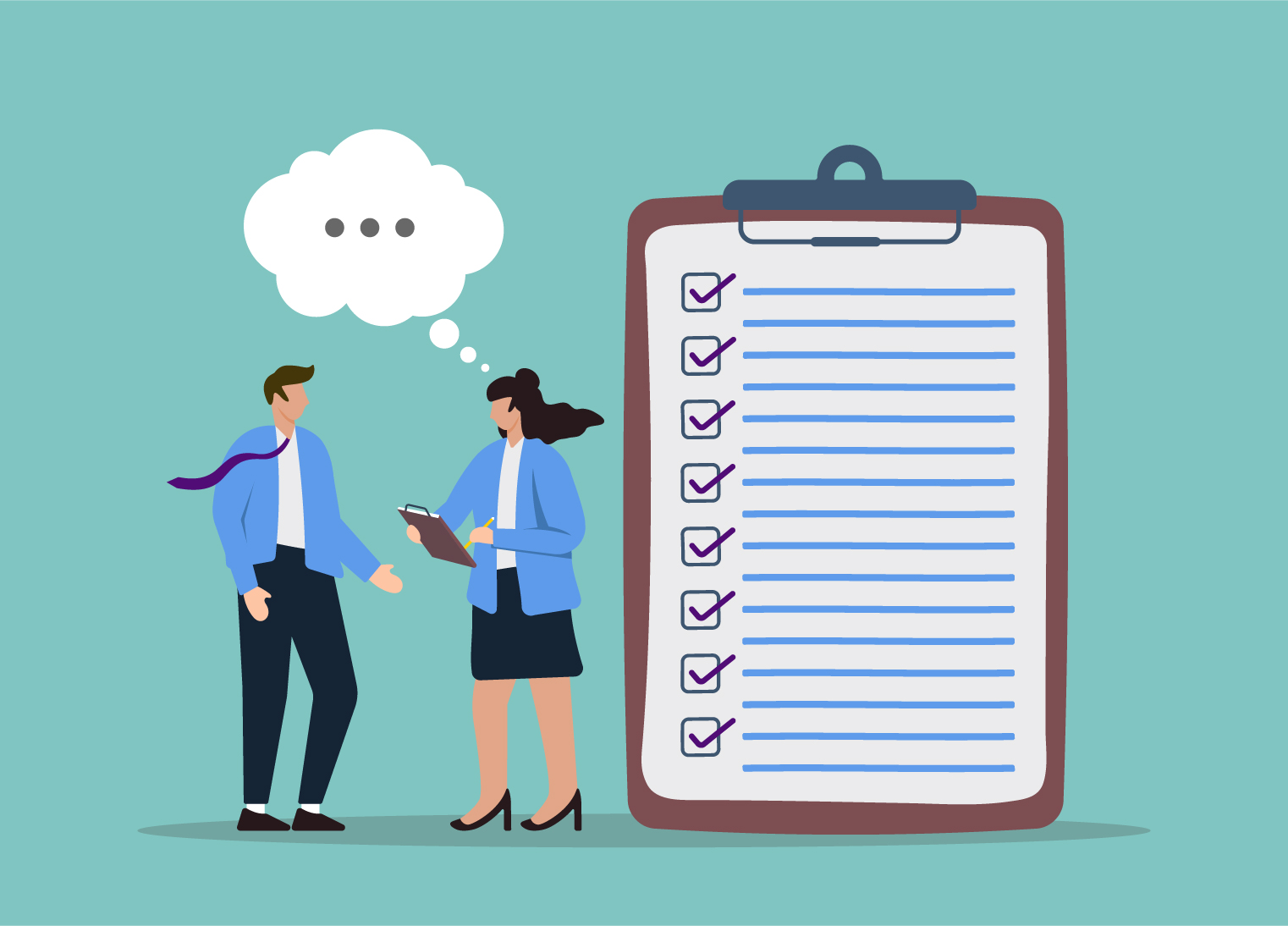

Job interviews can be nerve-wracking, but with the right preparation, you can walk in confidently and impress your potential employer. Whether you’re interviewing for an apprenticeship, a skilled trades role, or any other job, knowing how to answer common questions is key to standing out. Let’s dive into some frequently asked interview questions, tips for handling them, and how to present yourself as the ideal candidate.
Tip: If you’ve completed training or certifications with us, make sure to mention that here. For example, "I recently completed safety training through [insert program name] which gave me hands-on experience in [specific trade]." However, if you’ve gained valuable experience elsewhere, don’t hesitate to talk about that, too—everything counts!
Tip: If you've attended workshops that have helped you improve a particular skill—whether it's leadership, communication, or problem-solving—mention that. For example, "I’ve been improving my time management skills through leadership workshops at GREAT."
Tip: Think of real-world examples from your past work, training, or volunteer experience. If you’ve worked on specific projects during your time with us, this is the perfect time to show how you applied your skills in practical situations.
In any interview, it's important to confidently talk about the skills you've gained through training, past jobs, or education. If you've been involved in one of GREAT’s programs, you’ve likely developed hands-on experience in your field. Be sure to discuss any certifications, technical skills, or specialized training you’ve received.
For example, if you've taken part in a leadership workshop or earned a safety certification, this shows employers that you're not only technically capable but also proactive in your professional development. And if you've completed similar training elsewhere, don't hesitate to share that as well. All experience matters and demonstrates your commitment to growth.
At GREAT, we help job seekers build not just technical skills, but also soft skills like communication and teamwork. Highlighting these skills—whether through us or other programs—is essential, as they show you’re well-rounded and ready to tackle real-world challenges.
When it comes to making a strong first impression, how you present yourself matters. If you’re not sure what to wear, business casual is a safe bet—think collared shirts, blouses, slacks, or skirts. Make sure your clothes fit well and allow you to sit and move comfortably.
Pay attention to grooming details, too. Neat hair, minimal fragrances, and a polished look all help show that you’re professional and prepared. This small effort can make a big difference in how you’re perceived by your interviewer.
With many interviews happening online, it’s important to ensure that your setup is just as professional as it would be in person. Check your technology in advance—make sure your webcam, microphone, and internet connection are working properly. Choose a quiet space with a neutral background to minimize distractions during the interview.
When speaking, look directly at the camera to simulate eye contact, and sit up straight to convey confidence. Even though you’re at home, dressing professionally will help you get into the right mindset and show the interviewer you’re serious about the opportunity.
At GREAT, we’re committed to helping you succeed in your career. Our programs offer resume workshops, interview prep sessions, and hands-on training to help you build the skills and confidence you need to ace your interviews. If you’re looking for extra support, we’re here to guide you every step of the way, whether that’s through career counselling or practical job readiness programs.
We understand the importance of being prepared, and our services are designed to give you the tools you need to stand out to employers. Whether you’re sharpening your interview skills, gaining certifications, or getting feedback through mock interviews, we’re here to help you succeed.
With these tips, you’ll be ready to tackle any interview with confidence. From answering common questions to presenting your skills, the right preparation can make all the difference.
Good luck with your next interview!
Our annual report shows our success over the last calendar year.